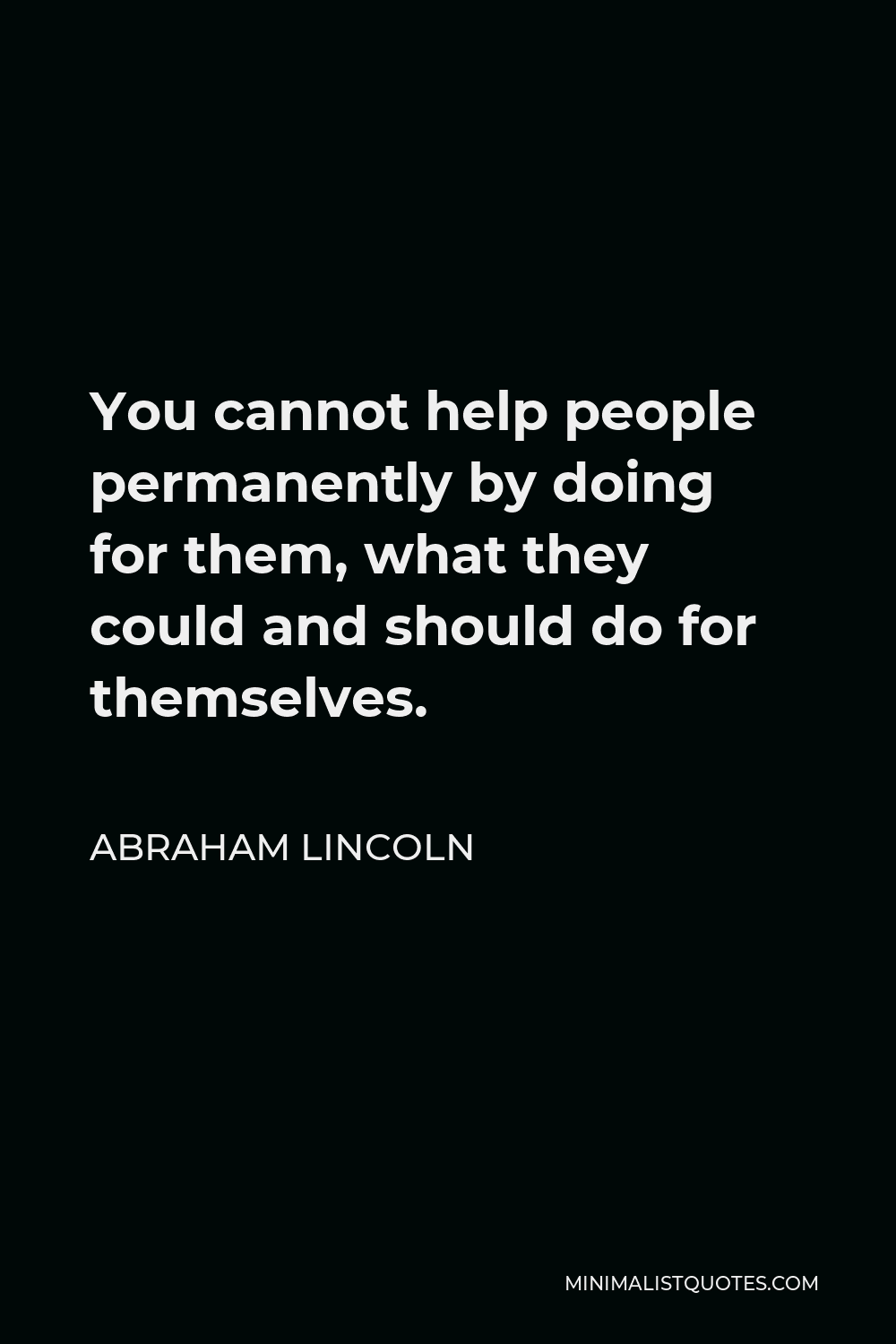

It’s not my favorite thing to do, to tour around I’ve enjoyed it, I’m just happy to be home. Just to be going to a different city every night and then answering what end up being really difficult or repetitive questions, in some cases. Sheila Heti: It’s been interesting, ups and downs. The Rumpus: How has the tour gone so far? We talked for an hour, about the process of writing books, the need for limitations, and how much she dislikes being told that she birthed a book. She questioned my questions she said things and took them back-in short, she was a total fucking delight. I found myself asking questions that fell flat, relying as they did on inferred meanings that had been, I realized with a sinking heart, only my own projections.

Not long ago, during a touring respite in Toronto, Heti and I talked by phone. The feeling that it was a city full of strange people, and that, if only somebody could bottle it, this strangeness could be our most significant cultural export. Her work was offbeat and smart and captured the élan of Toronto’s mid-aughts. She created Trampoline Hall, a lecture series in a bar, where you pay a few bucks to watch somebody stutter over a subject on which they are not an expert. It was a small, strange book that made a good gift to your weird friend. Her collection of short stories, The Middle Stories, came out in 2001, when she was twenty-four. But Canada liked her before she was cool.

Heti’s rise as a literary voice of our time probably seems relatively sudden to Americans, introduced to her through How Should a Person Be?, which was published by Henry Holt in 2012. Her story is not about a narrator who feels herself to be unready, but about one who finds herself unwilling, both to have a child and to forget that she, as a woman, is expected to. In her new novel, Motherhood, she picks up the question of whether to become a mother and holds it to the light. Sheila Heti, Canadian author of four books of fiction, seems unable to accept ignorance as a reason for anything. Not long after, women started to joke with me about childbirth: “All those happy hormones, to give us amnesia-if we remembered any of it, we would never do it again!”īecoming a mother, it seems, is such a stupid, difficult thing to do that one would only enter it through sheer ignorance. “If every woman waited until she was ready to have kids, nobody would have kids.” A mother of four told me this, and I, young and pregnant, took her word for it.


 0 kommentar(er)
0 kommentar(er)
